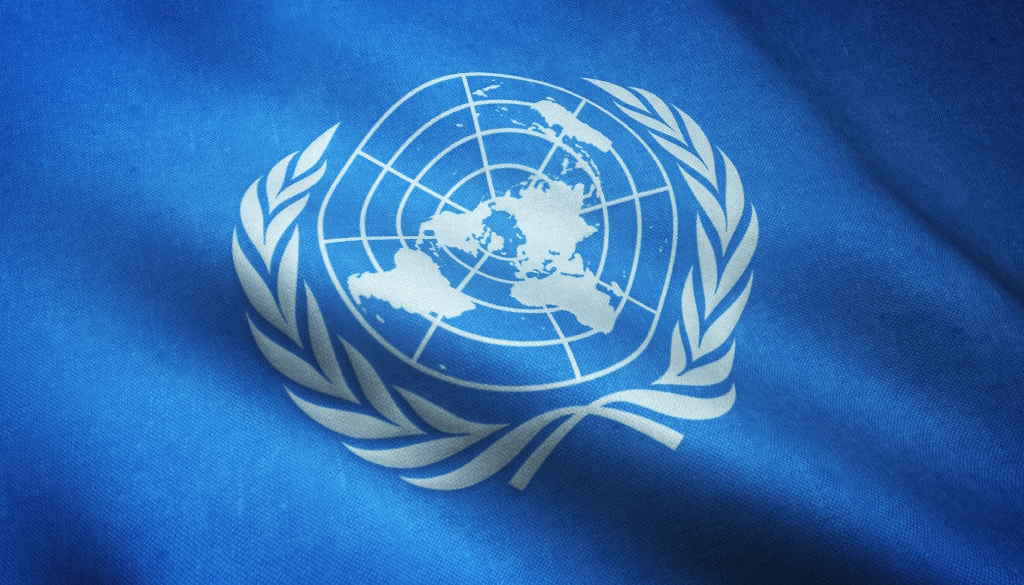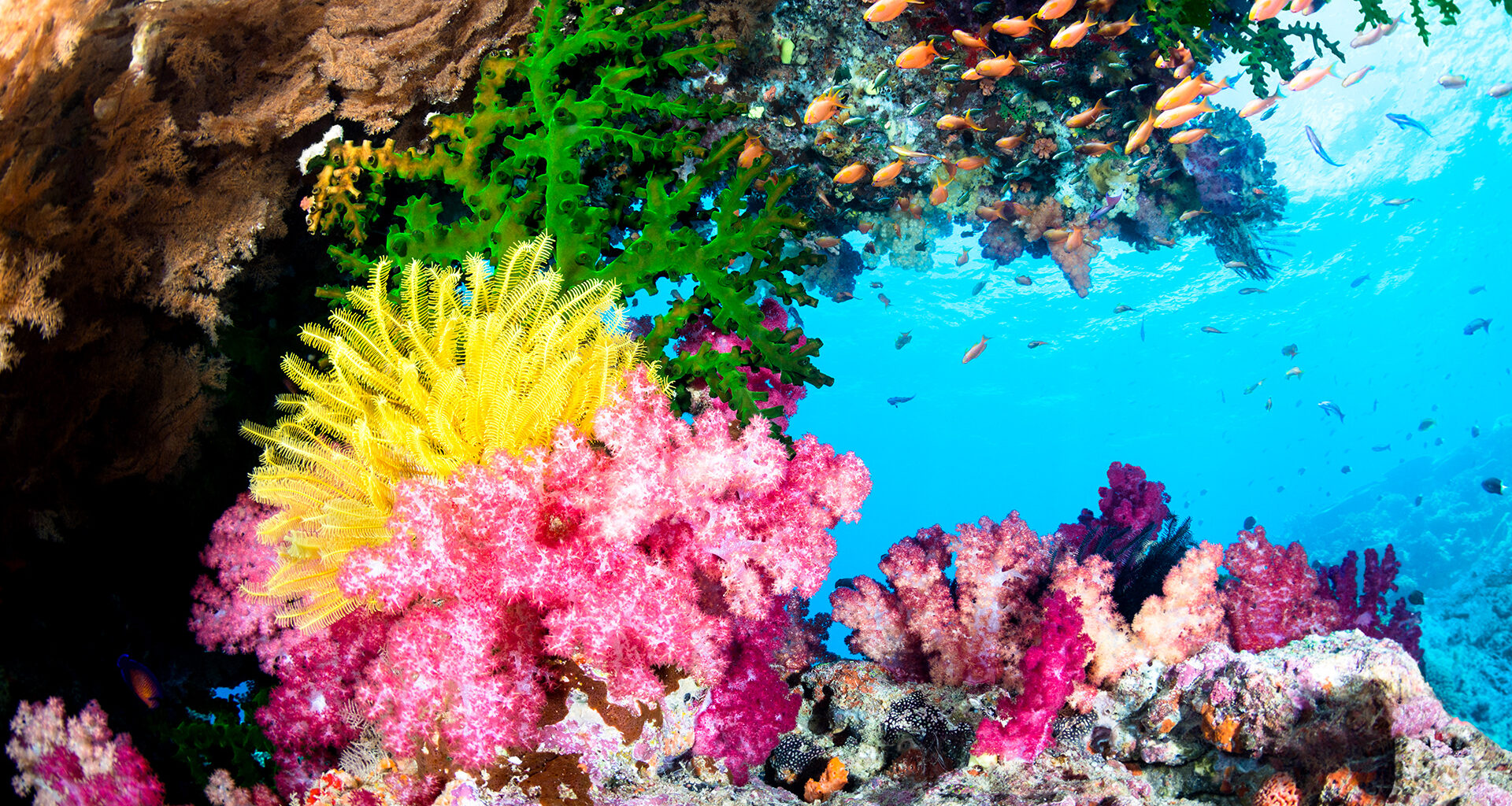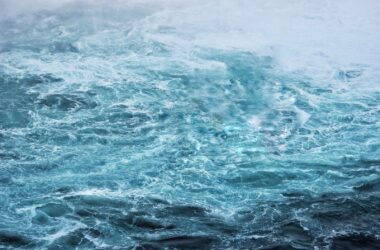Coral reefs, often referred to as the “rainforests of the sea,” are among the most diverse and vital ecosystems on our planet. These underwater wonderlands are not only home to an astonishing array of marine life but also provide essential services to humans, from food to coastal protection. However, coral reefs are now facing an unprecedented crisis, driven primarily by human activities and climate change. Urgent and concerted efforts are needed to preserve and restore these fragile ecosystems before it’s too late.
The Importance of Coral Reefs:
- Biodiversity Hotspots: Coral reefs are home to about 25% of all marine species, despite covering less than 1% of the ocean floor. They provide shelter, breeding grounds, and food for a wide variety of marine life, from fish to invertebrates.
- Economic Value: Coral reefs support fisheries that provide livelihoods and sustenance to millions of people worldwide. They also contribute significantly to tourism, generating income for coastal communities and countries.
- Coastal Protection: Healthy coral reefs act as natural barriers, reducing the impact of storm surges and waves on coastal areas. They help protect coastal communities from the devastating effects of erosion and flooding.
- Carbon Sink: Coral reefs play a role in carbon sequestration, helping mitigate climate change by absorbing and storing carbon dioxide.
Threats to Coral Reefs:
- Climate Change: Rising sea temperatures due to climate change cause coral bleaching, a process in which corals expel the symbiotic algae that give them color and nutrients. Bleached corals are more vulnerable to disease and death.
- Ocean Acidification: Increased carbon dioxide levels in the atmosphere also lead to ocean acidification, which inhibits the ability of corals to build their calcium carbonate skeletons, making them weaker and more susceptible to damage.
- Overfishing: Unsustainable fishing practices, such as dynamite and cyanide fishing, damage coral reefs and deplete fish populations.
- Pollution: Runoff from agriculture, sewage, and industrial activities introduces pollutants and excess nutrients into coastal waters, leading to coral disease and algae overgrowth.
- Coastal Development: Coastal construction and urbanization disrupt coral reefs, increase sedimentation, and contribute to pollution.
Urgent Actions Needed:
- Climate Action: Reducing greenhouse gas emissions is paramount to combat coral reef degradation. The international community must work together to limit global warming and support climate adaptation strategies.
- Marine Protected Areas: Establishing and effectively managing marine protected areas is essential for safeguarding coral reefs and allowing them to recover.
- Sustainable Fishing: Implementing sustainable fishing practices and enforcing fishing regulations are crucial for preserving both coral reefs and fish populations.
- Reducing Pollution: Implementing strict regulations to reduce pollution from agriculture, industry, and sewage is essential. Improved waste management practices are also critical.
- Restoration Efforts: Coral restoration and transplantation projects can help rebuild damaged reefs. These initiatives involve growing coral fragments in nurseries and replanting them on degraded reefs.
- Community Engagement: Engaging with local communities, including indigenous peoples, in conservation efforts is essential. Empowering communities to manage their marine resources sustainably is often more effective than top-down approaches.
A Race Against Time:
The decline of coral reefs is a global crisis that requires immediate attention and action. While the challenges are daunting, there is hope. By addressing the root causes of coral reef degradation, implementing conservation measures, and raising awareness, we can give these fragile ecosystems a fighting chance. The fate of coral reefs is not only a matter of environmental concern but also a test of humanity’s commitment to protecting the natural wonders that sustain life on Earth.



 UN
UN 



